OUR STORY
The Story of Grande Guapo Handcrafted Tequila

The idea of GRANDE GUAPO HANDCRAFTED TEQUILA began several years before the “Tequila Boom” we see today. We set out to become the next Jose Cuervo with the thought of being as brash as they were in the 1980’s. Many of us have a background in restaurants, and we always wanted to create our own brands; knowing Tequila was readily available for production. The logo was designed and a trip to Mexico to find a producer/partner was planned…Then Covid hit.
Two years into the pandemic, we finally made the trip to Mexico and visited over 35 different distilleries to find the right partner. What we found were tons of mass-producing factories that were spitting out additive ridden Tequilas. To them, we were just a dollar sign.
It wasn’t until a visit with the Correa family at NOM 1439 that we knew we had found the partner to produce the quality and craftmanship we were looking for. Their Tequila was something special and we knew it immediately.
GRANDE GUAPO HANDCRAFTED TEQUILA is born in the land that has been fed by the Tequila Volcano for thousands of years – where our Blue Agave grows naturally fertilised by volcanic minerals that have generated optimal conditions to provide an exceptional profile to the pineapples that over the years have been enriched by the subsoil.
The climate of the region is also a determining factor in characterising the crops that bear the Tequila Denomination of Origin. Because of its semi-dry environment, with rainfall of only 2 or 3 months, and its warm temperature most of the year, the Agave grows with a formation inclined to herbaceous notes, not too sweet, which gives us a versatile profile and more possibilities to create unique flavours.
Eight miles from the volcanic crater, in Amatitán, Jalisco, Mexico, are our vast fields of Agave where the intense blue of the stalks contrasts with the deep red of the earth, glowing under the intense brightness of the sun that heats the mineral residue in the soil.
In our fields, we preserve the manual work of the people who, in the traditional way and without the use of modern machinery, prepare the soil, cleaning and making the furrows as it has been done for generations. In the same way, twice a year the weeds are removed from the fields to ensure the optimum growth of the Agave. We are truly Handcrafted Tequila.
After 7 to 9 years and once we have ensured the purity and quality of the Agave, we extract the piñas and transport them to our distillery. Here, the Correa family has been in charge for generations when our Master Distiller, Jesus Correa, decided to continue with honour the teachings of his father, who was a stoker, by stoking the stone ovens to cook the agave.
Today Correa family produce our 100% Agave Tequila following the traditional procedures, without omitting any of the steps that ensure the premium quality of the distillate, and with the help of his daughter Rosita Correa, Tequila Technician, they have enriched the processes, implementing new and better techniques.
In this constant evolution of our production, the Maestro Tequilero has made sure to omit the use of modern procedures that compromise the quality of the Tequila, such as diffusers and distillation towers that today are used to reduce to 4 or 5 kilograms of Agave per litre of Tequila, while we follow the tradition of using 8 or 9 kilograms per litre.
He also stresses that the water comes from artesian wells and not from a modern supply network, to exclude the possibility of contaminating the product with chemicals such as chlorine, and instead further enrich the properties provided by the volcanic minerals.
When the distillation process is finished and the tequila is ready to be bottled, we rely on the work of the women of the community, who are responsible for labelling and hand-packaging the final product. We also cover many other areas of work to support the economy of the women and their families.
GRANDE GUAPO HANDCRAFTED TEQUILA is born in the rich soil of the region and combines years of experience in ancestral techniques with the knowledge of modern processes and constant improvements in quality standards.
